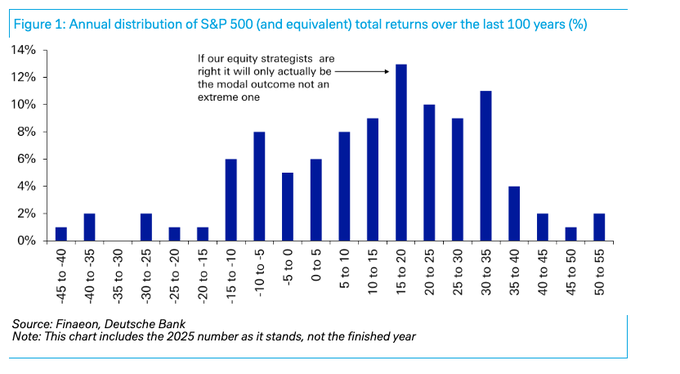This column will take a slight detour this week, but do read on… given the implications for the financial services sector. How much do India Inc’s promoters and senior management own up to their business boo-boos?
Recently we saw Vijay Shekhar Sharma, founder of Paytm, step down from his position as Chairman at Paytm Payments Bank. A few weeks ago, we heard about the silent exits of some luminaries from a bank’s board ahead of all hell breaking loose. Byju’s Raveendran was ousted from the company board by some shareholders.
A few years ago, Kumar Mangalam Birla gave up his executive role in Vodafone Idea, only to be reinstated in a non-executive capacity barely months later. Anil Ambani relinquished his managerial role in several companies, including Reliance Communications, when trouble closed in from all sides.
The list can go on, but a common thread is that the promoters and/or top management seldom stick around to shepherd a company out of a tight corner.
In other words, when the going is good it’s good to latch on, but not when the going gets tough? Few step up to the slog job of pulling a company out of a mess.
Of course, such dereliction of corporate responsibility is not India-specific alone. Remember how Lizzy Chapman and her co-founders quietly dissociated from ZestMoney and left three management representatives — who probably had no hand in the unfolding crisis — holding the baby?
But with capital increasingly becoming choosy, such cavalier attitudes could cost heavy. Vodafone Idea is a case in point. Until recently, both promoters appeared to have given up on the company.
Now when they are attempting a multibillion-dollar capital infusion, it would be interesting to see who would be brave enough to write that cheque.
There’s another vital angle too. Intangible concepts such as environmental, social and governance (ESG) parameters are gaining ground.
Shouldn’t companies be graded on the promoters’ and senior management’s ability to stay committed rather than vanish at the slightest hint of trouble?
With new-age companies likely to deploy bank loans in an ever more complex and sophisticated manner in the coming years, the ability to judge the staying power of promoters and senior managements becomes all the more crucial.
















